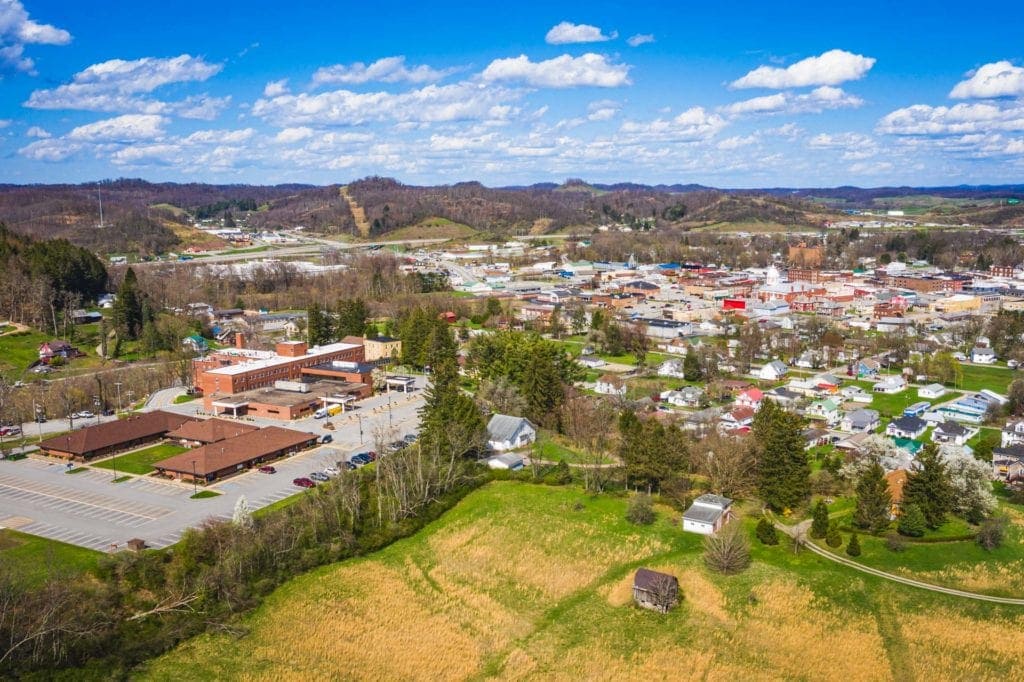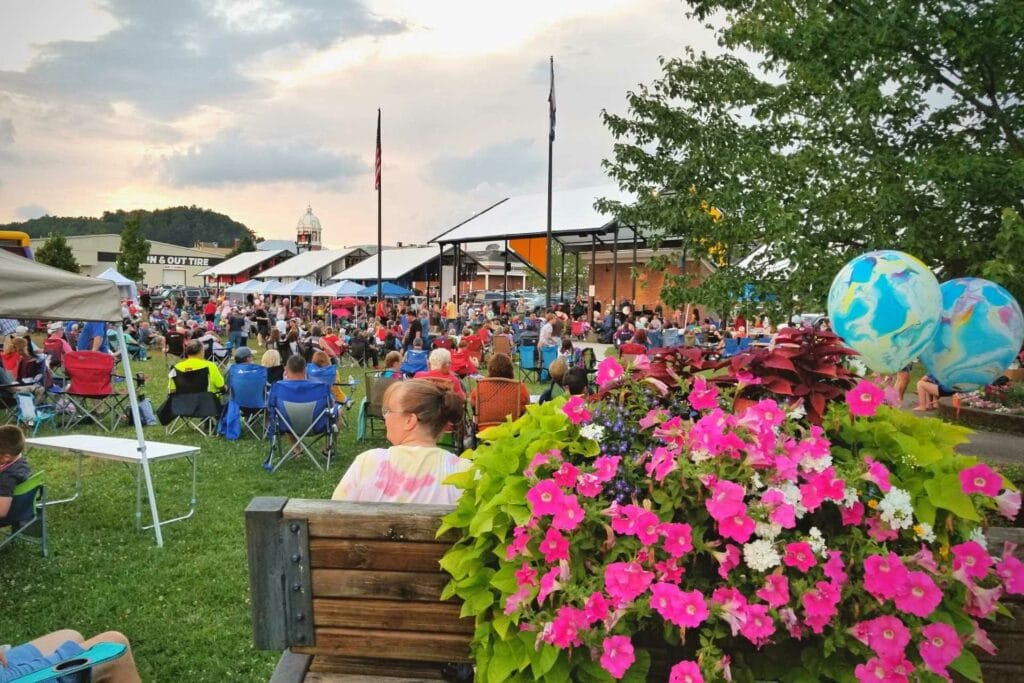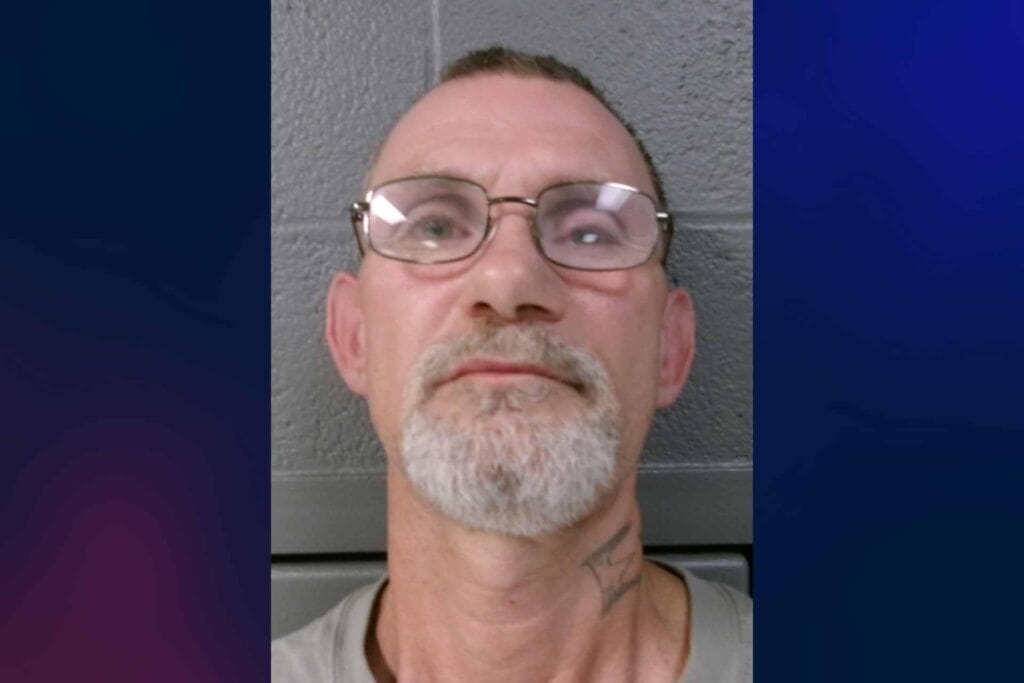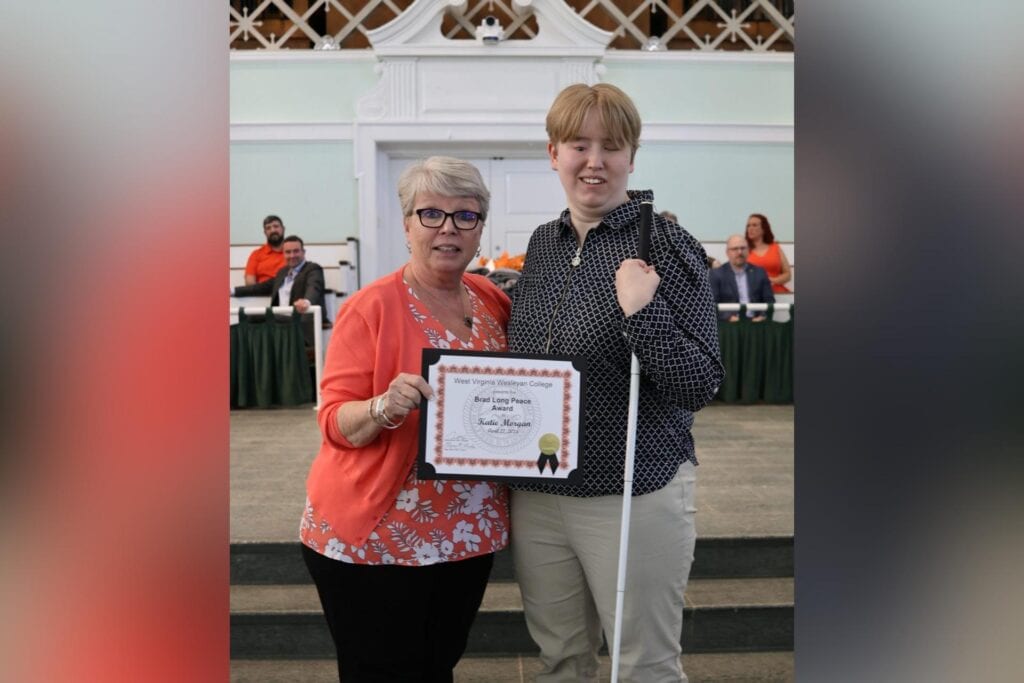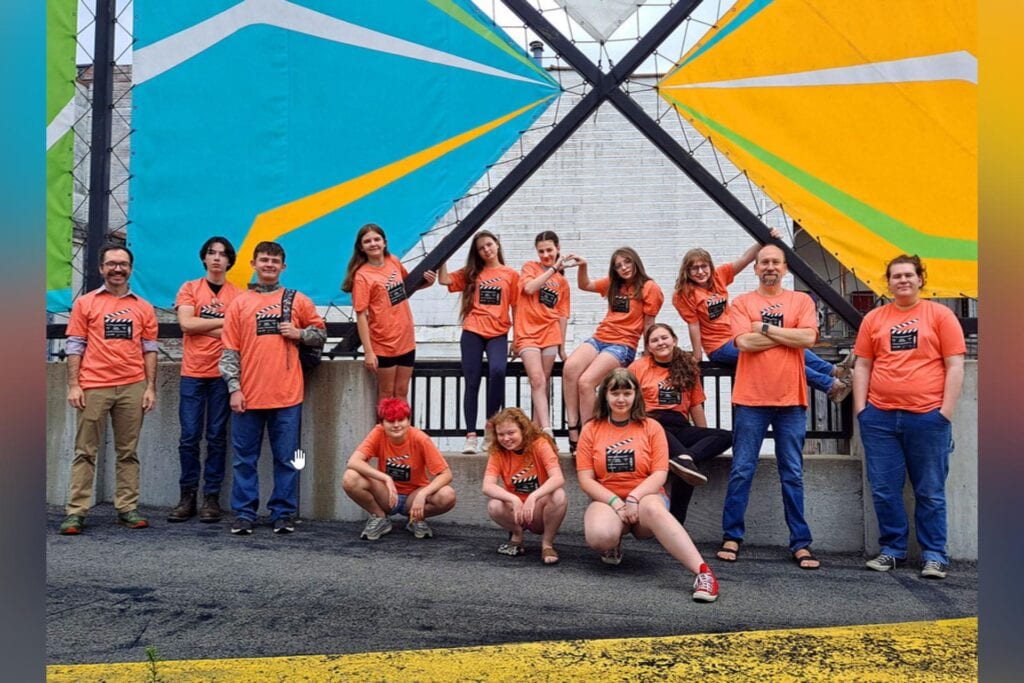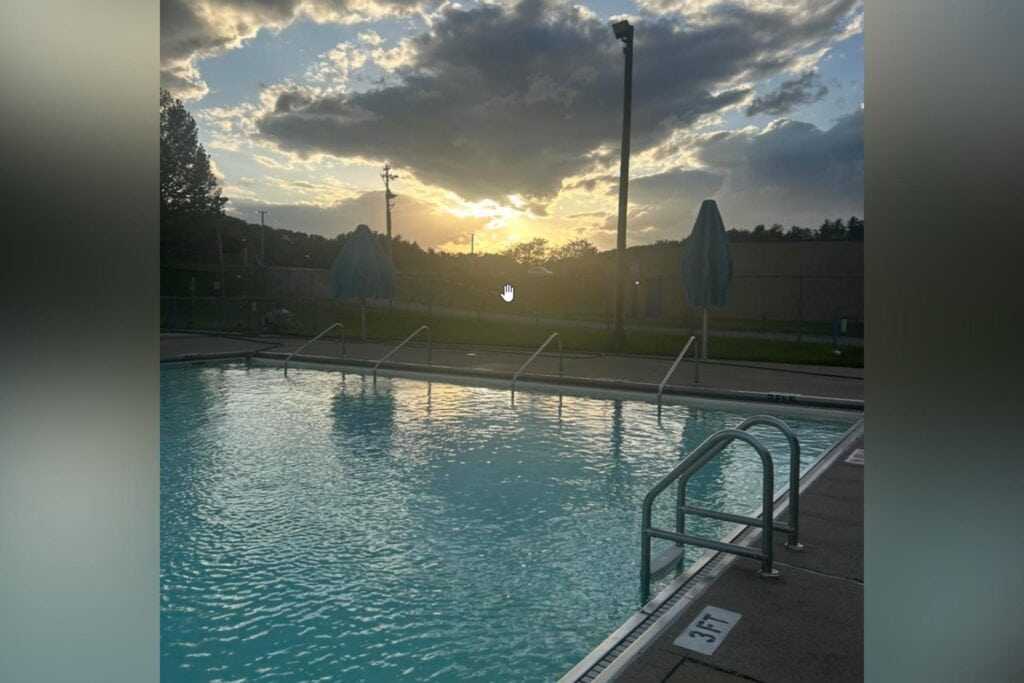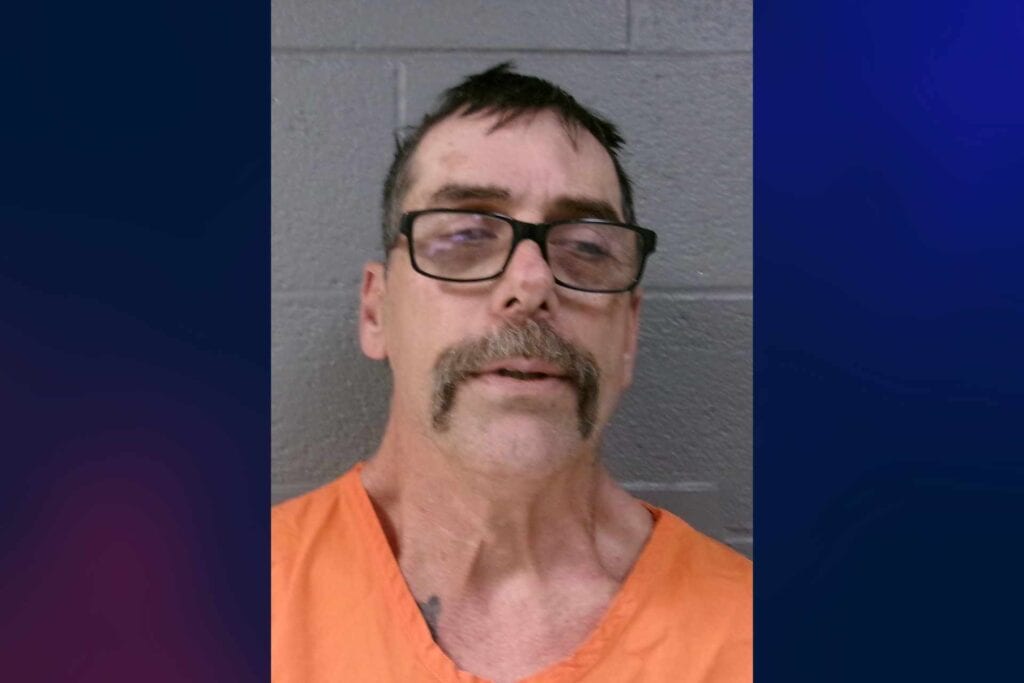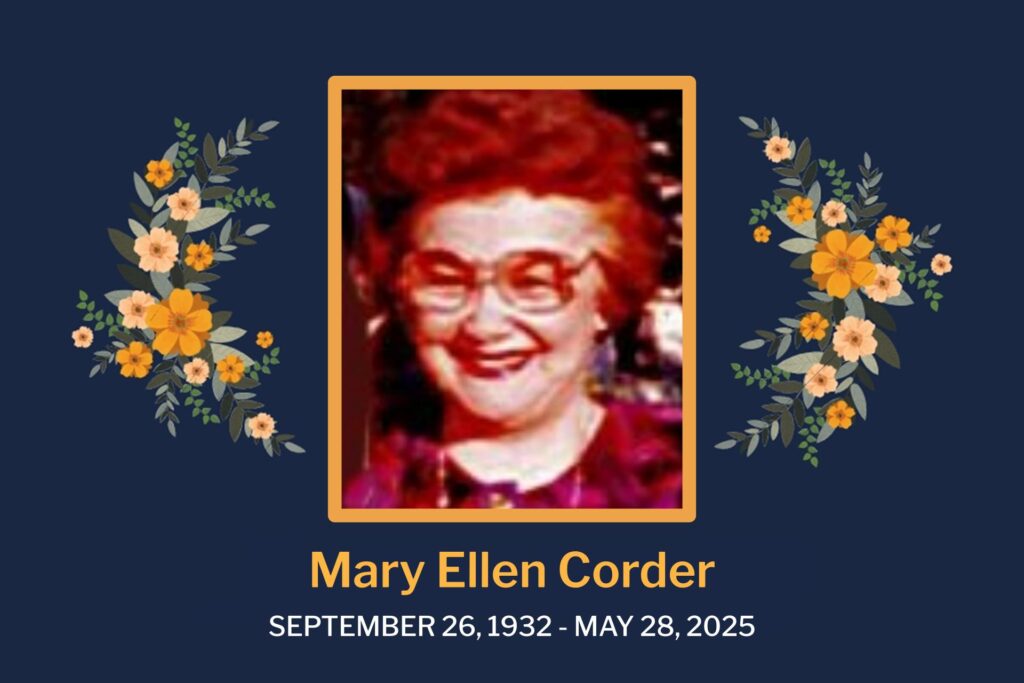BUCKHANNON – Eighty percent of people infected with the coronavirus may not even be aware they have it, while 15 percent develop moderate symptoms and become noticeably sick.
It’s the remaining 5 percent – often but not always older people and people with underlying medical conditions and compromised immune systems – who experience shortness of breath and other more severe symptoms that warrant hospitalization, Skip Gjolberg, administrator and CEO of St. Joseph’s Hospital, said in an interview with My Buckhannon Friday afternoon.
Gjolberg said as long as there’s not a marked spike in COVID-19 cases, St. Joseph’s Hospital, part of the WVU Medicine network, should be able to successfully handle the load.
“If we can make that 5 percentage number 5 percent out of 100, then we can handle that,” Gjolberg said, “but if that 5 percent is out of 1,000, that’s 50 patients, and then we could be struggling.”
That’s why Gjolberg and other hospital personnel are urging residents to not only heed Gov. Jim Justice’s stay-at-home order but also Buckhannon’s ban on gathering in groups of 10 or more.
Those measures have been put into place to slow the spread of the virus, which is transmitted from human to human, and prevent hospitals from being overwhelmed with too many patients at one time, which then drains health care resources and manpower.
My Buckhannon talked to Gjolberg regarding what you should do if you suspect you’ve contracted COVID-19, when to go to the hospital, and what measures St. Joseph’s Hospital is taking to protect other patients and staff.
Gjolberg said if you develop flu-like symptoms that are either mild or manageable at home, staying in place while hydrating and taking in plenty of vitamin C is the best course of action.
“Really, the best thing to do if you have flu-like symptoms is to stay home, give yourself fluids and take your vitamin C and self-quarantine,” he said. “Getting a COVID-19 test isn’t really going to change the course of treatment at that point.”
However, if a patient develops a high fever or shortness of breath – especially difficulty breathing – they should immediately call 9-1-1 or come to the emergency room, Gjolberg stressed.
He explained that St. Joseph’s Hospital has changed operating procedures to segregate COVID-19 positive patients – and possible positive patients – from people who come in or are transported to the ER for other emergencies.
Patients are screened for respiratory symptoms in a yellow tent outside the hospital, and individuals with flu-like symptoms or possible respiratory conditions are funneled through the PromptCare area. Other medical-surgical patients are received through the regular ER side.
“PromptCare, as it usually operates, is basically closed, and we are sending regular PromptCare patients down to the Physician’s Office Center,” Gjolberg said. “The tent helps decide where people go, so we can segregate patients and maintain social distancing protocols. We have what you call a ‘clean’ track, or non-COVID-19 patients, and a ‘flu-like symptoms’ track.”
Testing
Gjolberg said St. Joseph’s Hospital expects to have the capacity to conduct on-site COVID-19 in the near future – possibly even this week. The hospital currently collects samples and sends them to an external laboratory.
Gjolberg said the process has advanced quickly so that J.W. Ruby Memorial Hospital in Morgantown can now process samples to determine whether a patient is infected with the respiratory virus. In some cases, what used to take a week now takes a day.
“At first, the state laboratory was the only testing site, and they were very strict on what they would accept – patients had to meet certain criteria to be tested,” Gjolberg said. “Then Quest and LabCorp came online, so we had those options.
“Then, Ruby developed the ability to run tests in-house up there, so the protocol evolved and we were able to prioritize and fast-track certain tests that were suspected cases.”
So now, although a doctor’s order is required to run a COVID-19 test, St. Joseph’s Hospital has three options: sending samples to the state Health Department laboratory, sending them to a private diagnostic testing entity like LabCorp and Quest, or sending them to Ruby Memorial.
“The private testing entities were really getting backed up for awhile, so at first it took two to three days, then four to five days and then it went up to seven to eight days, but with Ruby, we’re typically looking at a 24-hour turnaround time,” Gjolberg said.
“We will eventually be able to test in-house,” he added. “We’re waiting for kits to come from a certain instrument manufacturer.”
In addition to identifying positive patients, expanded testing allows healthcare workers to know when it is – and isn’t – necessary to wear personal protective equipment, or PPE, allowing hospitals to preserve critical resources.
Preparation for COVID-19
Over the past month, St. Joseph’s Hospital has taken a number of actions to prepare for the arrival of COVID-19 – as of Sunday, there was still just one confirmed positive case in Upshur County – including limiting visitors and later eliminating visitation altogether, as well as expanding its intensive care unit bed count from four to seven and its medical-surgical unit bed count from 15 to 27.
“We had taken some rooms out of service for office space that we put back into service, and we’ve turned some private rooms into semi-private rooms,” Gjolberg explained. “We have a lot of people who have been working a lot of long, hard hours, so as long as we don’t have a large ramp-up in cases, we’ll be OK.”
In addition to ordering additional PPE, the hospital has implemented a no-visitor policy and identified a COVID-only unit in the ICU. As far as PPE goes, there’s no shortage in supplies – at least not now.
“We have pretty good numbers now and access to more supplies, and the system (WVU Medicine) is getting more every day, so we feel pretty good about that, but we’re still being conscientious about it,” Gjolberg said. “If it slowly builds, we’ll be fine. If we have a huge spike, that could be a problem, but we do have the ability to shuttle materials and supplies – like masks, gloves, goggles, face shields – between system hospitals.”
In anticipation of possible severely affected COVID-19 patients, St. Joseph’s Hospital has received additional ventilators to expand its capacity, and other equipment already on-hand can provide support to respiratory patients, Gjolberg said.
The hospital also has HEPA air filters – HEPA is an acronym for high-efficiency particulate air – on standby to help ‘scrub’ the air, thereby reducing the risk of healthcare workers becoming infected by the droplets through which COVID-19 is spread, Gjolberg said.
West Virginia has had the benefit of seeing other countries and states attempt various methods to “flatten the curve” of COVID-19 patients before the first positive case was confirmed in the Mountain State, and the hospital administrator said that as a result, the St. Joseph’s Hospital was able to take a number of preventative, precautionary measures.
“We jumped on our visitation changes fairly quickly, first to limit visitors to the long-term care unit on the third floor and then to shut the unit off,” Gjolberg said. “The people who work up there have their temperature checked every time they go up to that unit, so we’re getting very fastidious about limiting outside exposure.”
“The no-visitor policy now in use was standing on the shoulders of these other places that were ahead of us in dealing with this crisis,” he added.
On March 12, ‘Code Triage’ went into effect. That means the hospital is in a heightened state of emergency during which Gjolberg becomes incident commander.
“We have different chiefs throughout the hospital and an incident command system, and we meet twice a day to discuss what we’ve been doing, what we need to be doing, what we need to shore up. All WVU hospitals are on this call,” Gjolberg said.
What community members can do to help
Gjolberg said the community’s been generously donating food and other items, and he’s appreciative. As of now, WVU Medicine hospitals are accepting donations of unused or new medical-grade PPE, but not hand-sewn masks.
The hospital currently welcomes the donation of new and unused N95 respirator face masks, ear loop isolation masks, isolation gowns and nitrile exam gloves. If you have any of these items, please drop them off at the loading dock in the rear of the hospital, on your left as you come up the hill to the hospital. For more information, call 304-473-2046.
One problem the hospital is currently trying to solve is that of childcare and who can provide it. With most childcare sites in the county closing their doors, Gjolberg said he’s looking into the possibility of the hospital registering as what’s referred to as a “critical childcare site” through the DHHR.
“All the childcare centers are closing, and that presents a problem for some of our employees because they need to have someone watching their kids while they’re working or they won’t be able to continue working,” Gjolberg said. “We are trying to figure that out right now.”
As for other ways residents can help, Gjolberg had one main message – “Don’t tempt fate.”
“Stay away from crowds, wash your hands frequently and especially when you go out, be smart, and do everything you can to avoid getting sick,” he said. “That’s the best course of action people can take so we don’t get overwhelmed.”
Anyone who has questions about possible COVID-19 symptoms may call the Nurse Triage unit from 7 a.m. to 10 p.m. at 304-473-2161, or the hospital’s line at 304-473-2000 outside of those hours. You can also call the state COVID-19 hotline at 304-630-3088.
Want to keep up-to-date with the latest local information about COVID-19? Bookmark our COVID-19 HQ page, which has the latest local news, numbers and more, like the charts below.
